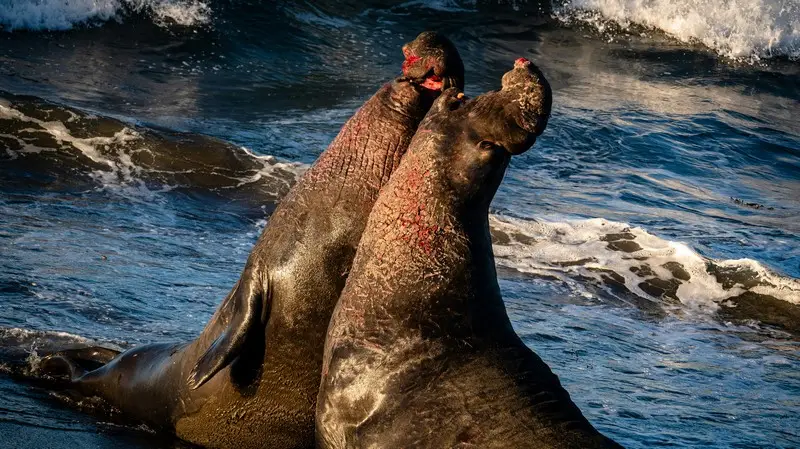Table of Contents
- Definition and Conceptual Framework
- Types of Ecological Competition
- Theoretical Foundations in Sociology
- Ecological Competition in Human Societies
- Challenges and Societal Implications
- Conclusion
Ecological competition is a fundamental concept in both ecology and sociology, particularly in the study of how species or groups within a species vie for limited resources in an environment. This essay will delve into the nuances of ecological competition, examining its implications within ecological systems and extending these concepts to understand social phenomena in human communities.
Definition and Conceptual Framework
Ecological competition refers to the interaction among organisms within an ecosystem in which both the presence and performance of one organism or group negatively affect the availability of resources for another. In its essence, this occurs when two or more entities strive for the same essential, limited resource, such as food, territory, or mates.
This concept is foundational in ecological studies but is equally pertinent in sociology, particularly when analyzing how human groups compete for limited resources such as economic opportunities, living space, or access to services.
Types of Ecological Competition
Ecological competition can be categorized into several types, each illustrating different aspects of how organisms and, by extension, human groups interact:
- Intraspecific Competition: Occurs when members of the same species compete for resources. This type of competition can lead to a variety of outcomes, including territorial behavior, hierarchical structuring, and population control mechanisms.
- Interspecific Competition: Involves members of different species competing for the same resources. This can lead to competitive exclusion, niche differentiation, or evolutionary changes as species adapt to minimize competition.
- Exploitative Competition: Happens when organisms compete indirectly through their consumption of shared resources. For example, two species might compete for the same prey, thereby reducing the availability of that prey for each other.
- Interference Competition: Involves direct interactions where organisms actively prevent rivals from accessing resources. This can be seen in behaviors such as aggression, overgrowth (in plants), or allelopathy, where one plant secretes substances to inhibit the growth of another.
Theoretical Foundations in Sociology
Several sociological theories provide frameworks for understanding how competition structures human societies:
Get the full article AD FREE. Join now for full access to all premium articles.
View Plans & Subscribe Already a member? Log in.





